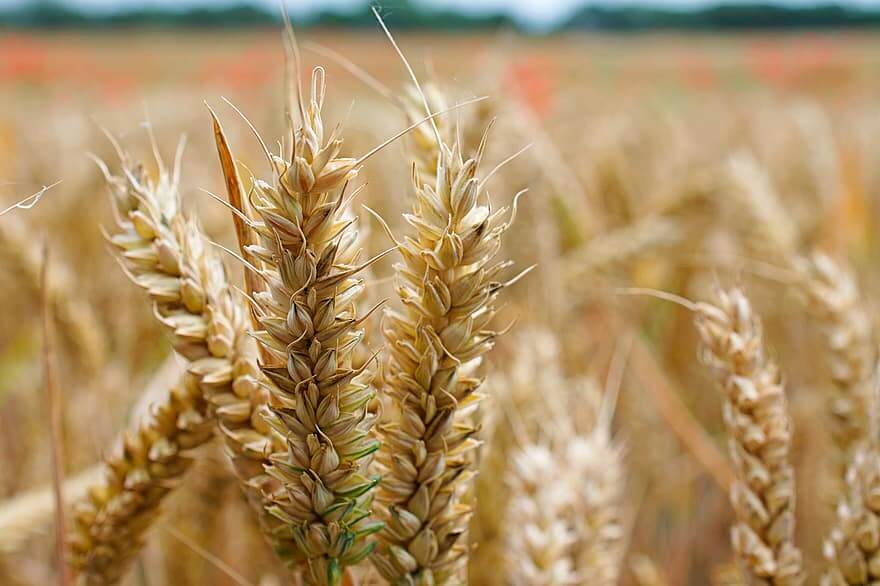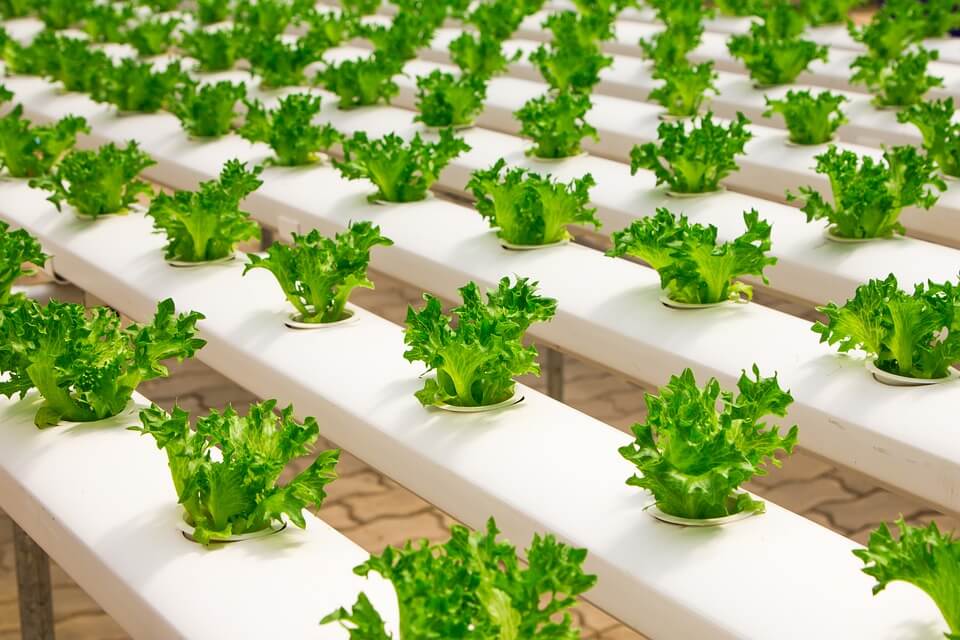Is organic food gluten free? NO. People assume that just because something is organic, it must be gluten free. But hey, organic wheat is also organic but obviously contain gluten.
So you need to educate yourself about the difference between organic food, and gluten free food, and this is exactly what we will do in this post.
“Organic” – refers to the nature of farming, such that agricultural products, including gluten grains, are grown following the specific standards of “organic farming.”
“Gluten free” – refers to the nature of certain grains that contain the plant-based protein called gluten.
If these grains are grown following the standards of organic farming, the grains will be organic and, at the same time, gluten-containing.
Is Organic food automatically Gluten Free?
Absolutely NOT!
Organic food has become the go-to food option for people who make an effort to become healthy and conscious eaters.
There’s a reason people prefer to go organic. Everything organic is produced following a set of prefixed standards:
- Cycling of resources
- Promoting ecological balance
- Not using GMOs
- Staying away from synthetic
- Sewage sludge-based
- Petroleum-based fertilizers
Gluten is a plant-based protein intrinsically present in grains like wheat, rye, barley, and triticale. It is possible to grow these grains organically, i.e., following the standards of organic farming.
However, this does not, in any way, affect or remove the gluten content of the grains grown organically.
To put it simply, there is no reason to assume that organic food is always gluten free. While “organic” refers to the agricultural process, “gluten content” is an intrinsic property of the grains that refers to the protein in certain grains.
Even naturally gluten-rich grains can be grown organically, but that will not take away the gluten content. So “organic” and “gluten free” don’t come hand in hand.
What Is Organic Food?

Organic food refers to agricultural products grown by following specific protocols. Organic farming standards vary from one country to the other, but the basics are mostly the same.
| Organic Food | Non Organic Food |
| Humane conditions for livestock | Livestock is treated like any other product |
| Operates in a way that is beneficial to the environment | Operates in a way that puts profit first, with no regard to environmental damages etc |
| NO genetically modified ingredients | May contain genetically modified ingredients |
| No pesticides used in farming | Often use pesticides to preserve farming for longer |
In almost all countries, the primary aim of organic farming is to restrict the use of:
- Irradiation
- Synthetic food additives
- Industrial solvents
- Petroleum-based and sewage-based fertilizers
- Synthetic pesticides
- GMOs
- Herbicides
Organic farming methods use renewable resources to conserve, besides promoting ecological balance.
The idea is not just to get healthy, chemical-free food but also to grow them in an environment-friendly manner. This helps to preserve the gifts of nature for many years to come.
Benefits of Organic Foods
Conscious eaters choose organic food, not only because it is grown using the best practices to save the world and the environment.
They also know that organic food is extremely good for health. Organic fruits, vegetables, and grains do not contain chemicals and preservatives present in processed food that we usually find in the market. They also contain almost no additives.
Studies reveal that organic crops contain more vitamins, minerals, antioxidants, and other nutrients. There’s no dispute that organic food is better for your health.
It is what you can call clean food. It’s a good idea to look for the USDA label to ensure that what you’re buying is, in fact, tested and certified as gluten free. Don’t fall for terms like “all-natural”. These are not necessarily organic.
What Is Gluten-Free?

Gluten, a plant-based protein, is found in grains like wheat, barley, rye, and triticale. Gluten adds a chewy texture to foods like bread.
However, it is to be remembered that not all grains contain gluten. Rice, buckwheat, corn, and many other such grains are naturally free of any gluten content.
The gluten-like substance that they contain is starch, which has nothing to do with gluten grains’ content.
The reason some people desperately seek gluten free foods is that gluten is an allergen, i.e., it is a substance to which many people are allergic.
Besides people with gluten allergies, those with an autoimmune disorder called celiac disease also fall sick upon consuming gluten.
The protein is hard to digest for those with gluten-related conditions. Such people have to find gluten free alternatives.
When is Organic Food Gluten Free – or Gluten Free Food Organic?

If you wish to pick organic and gluten free food options, you need to check the labels and certifications and make sure that the food you’re buying is both.
Gluten free food is either naturally free from gluten, like fruits and cheese, or because it has undergone manufacturing and processing in controlled facilities to prevent cross-contamination and check the presence of trace gluten.
It is possible to buy gluten free food that’s not organically grown. You can always make an effort to take an extra step towards a healthier lifestyle by choosing gluten free food options that are produced organically.
This means that the gluten free options don’t harm you or the environment.
Similarly, you will find organic wheat, barley, rye, and triticale.
If you want your organic food to be gluten free, you need to make sure that none of your organic purchases contain gluten, gluten-rich ingredients, or trace gluten. But one of these properties doesn’t automatically denote the other.
Conclusion
It is safe to say that “organic” and “gluten free” are not synonymous terms for food. They are not complementary or interdependent – or correlated in any way.
You can choose gluten free foods that are conventionally farmed. But it’s a good idea to opt for organic and gluten free foods as they are better for your health and the environment. You must check the labels to see both certifications.